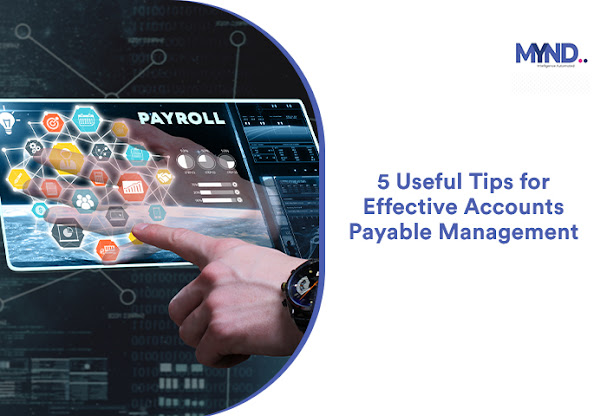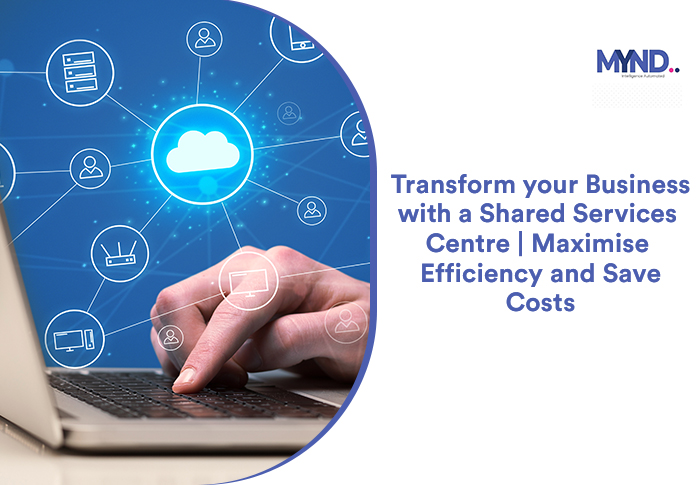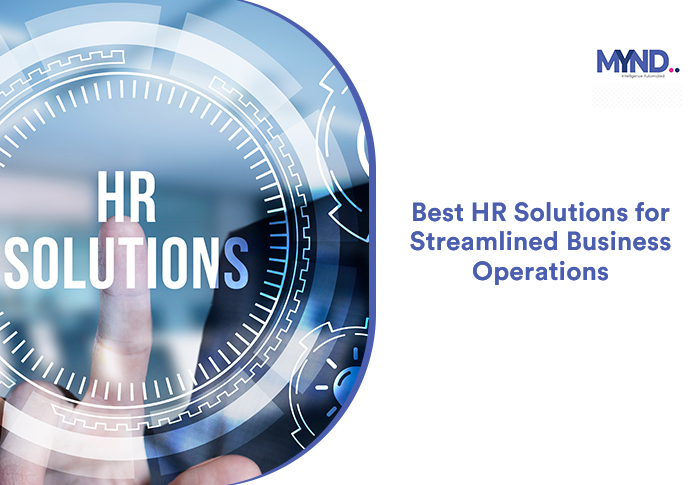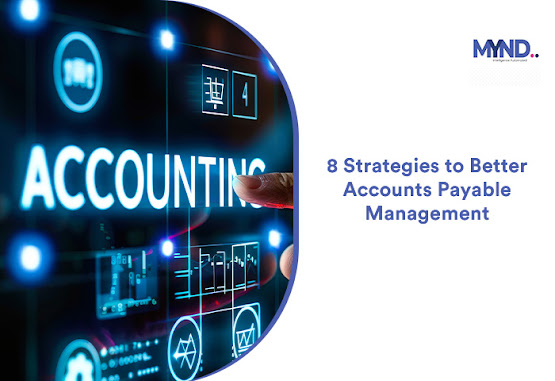5 Useful Tips for Effective Accounts Payable Management
In a company’s general ledger, accounts payable is a type of account that records the amount of money a business owes to its creditors. In its essence, accounts payable management is the process of streamlining and automating all payments through a payroll management system. By doing so, all payments are automated, and the chances of faulty or delayed payments are greatly minimised. It also helps a business with improving supplier relationships, reducing late payments, optimising working capital, improving contracts, and more! This article will help you explore how you can use accounts payable in a more efficient manner.
Here are 5
useful tips for effective accounts
payable management:
•
Go paperless
Digitisation of all records and files is highly recommended.
By doing so, you are not only saving time, but also money, effort, and space.
For someone to corrupt or steal your files is very easy when everything is on
paper. In essence, the importance of accounts
payable management is being able to make timely payments to third parties
or vendors. Once your payroll management
system starts automating your accounts payable, you can enjoy not having to
worry about different payments at the end or beginning of the month or year.
•
Organise
your invoices
Obviously, not all invoices will have the same amount. Some
will have different amounts, some will be calculated with different guidelines,
and some may need to be paid urgently for different reasons. Accounts
payable management is all about
simplifying processes, and this is where payroll
system software will act as a catalyst. Organise your invoices according to
their due dates, final amounts, and specific payment terms to avoid any
mistakes. If there are any special clauses for different contacts, you can
customise the payroll system software according to your needs and requirements
•
KPIs
KPIs, also known as key
performance indicators, can help track the efficiency of almost anything
that is quantifiable. That being said, KPIs can also help gauge how efficient
your accounts payable department is. KPIs can help you track:
•
Number of late payments
•
Number of on-time payments
•
Any cost incurred for late payments
•
Accounts payable turnover ratio
…and much more, depending on your company’s needs and
requirements.
•
Update all
supplier information
Short-term or long-term, supplier information can keep
changing with respect to location changes, acquisitions, and so much more. By
updating all supplier information, you can ensure that your account payable
staff is up-to-date about any changes. This can help avoid any confusion and
problems in the future. To do this, companies can invest in good accounts
payable software that can help customise all changes and keep all information
up-to-date. These software also have a supplier portal where the staff can view
all updates and changes.
•
Incorporate
user controls
User controls are very important for accounts payable. User
controls ensure that only authorised personnel have access to all important
accounts payable information and updates. Here are some user controls:
•
Role-based
access control: This function makes sure that only those who have access to
all information are able to view it. This is one of the most important
functions of accounts system software.
•
Audit logs: This
function helps track all activity and transactions. This function is also what
makes pointing out fraudulent activities easier.
•
Transaction
authentication: This ensures that all activity and transactions are made or
authorised by a designated employee.
If you are
looking to level up your third-party payments and accounts payable management
in general, reach out to MYND Solutions’ highly skilled and knowledgeable team.
Based on your requirements, the team at MYND can help you customise your user
experience and help make the right decision in terms of the right software for
you!




Comments
Post a Comment